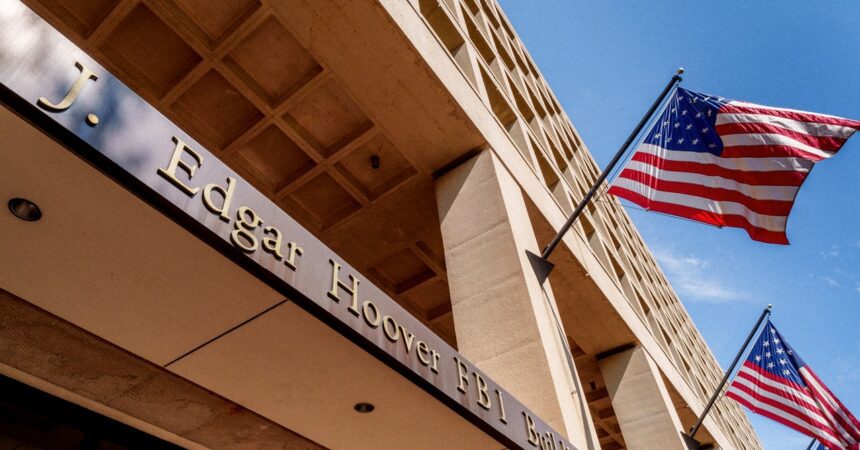The AT&T Data Breach: Implications for Privacy and National Security
In July 2023, the telecommunications giant AT&T disclosed a significant data breach, revealing that the personal call and text message logs of nearly all its over 100 million customers from a six-month period in 2022 had been compromised. This incident not only exposed sensitive information for millions of Americans but also raised alarm bells for the FBI, as records of its agents’ communications were included in the breach. As the fallout continues to unfold, the implications for privacy, national security, and the responsibilities of telecom companies are becoming increasingly apparent.
Nature of the Breach
While the breach did not expose the actual content of calls and messages, it did reveal logs of communications involving agents’ mobile numbers and other phone numbers over the six-month timeframe. This development is particularly concerning for the FBI, as it could compromise the identities of confidential informants and jeopardize ongoing investigations. Reports indicate that AT&T was pressured by hackers who attempted to extort the company, eventually leading to a payment of $370,000 in an attempt to have the compromised data deleted.
Despite these efforts, the extent of the data’s dissemination remains unclear, and the repercussions of the breach may still be unfolding. The FBI’s response reflects the regulatory and operational complexities involved when sensitive data is made vulnerable, especially in a heightened era of digital threats.
Ongoing Threats: The Salt Typhoon Espionage Campaign
Compounding the challenges faced by AT&T is the ongoing threat posed by the Salt Typhoon espionage group, believed to have ties to the Chinese government. Known for targeting various U.S. telecoms, this group has managed to compromise a variety of sensitive data, revealing call and text logs for specific high-profile targets, along with recordings and location data. The interconnectedness of these cyber threats illustrates the vulnerabilities in the telecom sector and the growing risks faced by agencies reliant on telecommunications for sensitive operations.
Calls for Improved Security Practices
In the wake of these breaches, there has been an increasing discourse on the importance of employing end-to-end encrypted communications platforms, such as Signal and WhatsApp, as a precautionary measure. End-to-end encryption significantly reduces the amount of metadata retained by companies, thereby offering improved privacy and security. Remarkably, a push from the FBI and the Cybersecurity and Infrastructure Security Agency (CISA) for Americans to prioritize encrypted communication marks a notable shift in governmental stance, especially given the Justice Department’s historical resistance to encryption technology.
Experts like Jake Williams, a former NSA hacker, highlight the importance of training for agents on securely communicating with sensitive sources. He emphasizes that if standard operating procedures were properly followed, the risks associated with the AT&T call logs should be minimal. This suggests that much of the concern may stem from potential lapses in protocol rather than the breach itself.
The Ongoing Battle for Privacy and Security
The fallout from the AT&T breach underscores a critical juncture in the telecommunications landscape, where the intersection of privacy and national security is increasingly fragile. Individuals relying on telecommunications for both personal and professional communications are left questioning the security measures afforded to their information.
The revelations surrounding the Salt Typhoon campaigns serve as a reminder that the implications of cyber threats extend far beyond immediate physical or digital harm; they pose real and present dangers to the fabric of society, including the safety of individuals and the integrity of national security efforts.
Conclusion
The AT&T breach, alongside the broader context of global cyber threats, reveals an urgent need for effective cybersecurity measures, robust response strategies, and an updated dialogue on encryption in the realm of personal privacy. As the public grapples with the risks associated with digital communications, it becomes imperative for companies and governmental agencies alike to adapt and fortify their defenses against an evolving landscape of cyber threats.
In the end, maintaining the balance between privacy protection and national security will be a significant challenge going forward, as both the public and private sectors confront an increasingly complex digital environment. The ongoing scrutiny and protective measures surrounding sensitive information must evolve concurrently with these threats to ensure a safer communication landscape for all.










